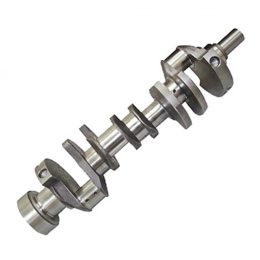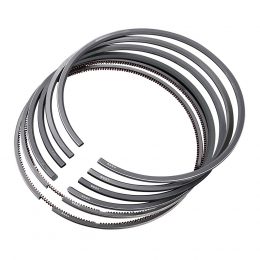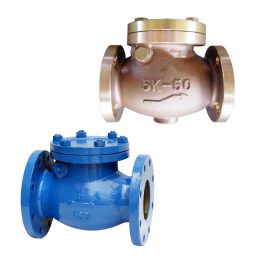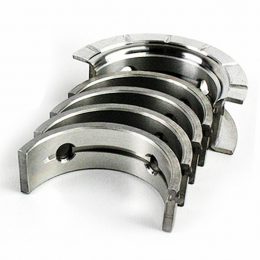Selecting the Right Marine Cylinder Liner: A Technical Guide
The Importance of Marine Cylinder Liners
Marine cylinder liners are an essential component of any ship’s engine. They provide a protective barrier between the piston and the engine block, preventing metal-to-metal contact that can cause wear and tear. Choosing the right cylinder liner is crucial to ensuring the longevity and efficiency of the engine. In this technical guide, we will delve into the key factors to consider when selecting the right marine cylinder liner.
Materials and Manufacturing Methods for Cylinder Liners
Cylinder liners are typically made of cast iron, which is known for its durability and resistance to wear. However, there are other materials available to consider, such as steel and aluminum. It’s essential to choose the right material based on the engine’s operating conditions, as well as the overall cost and maintenance requirements.
The manufacturing method used for cylinder liners also plays a significant role in their performance. Cast iron liners are produced through a casting process, while steel liners are often forged. Aluminum liners may be cast or machined from a solid block. The manufacturing method can affect the shape, size, and surface texture of the liner, which can impact its overall performance.
Analyzing Performance Requirements for Cylinder Liners
When selecting the right cylinder liner, it’s essential to analyze the engine’s performance requirements. Key factors to consider include the speed and temperature of the engine, the fuel type, and the load capacity. For example, engines that operate at high speeds and temperatures may require a more heat-resistant liner material, while those running on heavy fuel oil may benefit from a liner with a protective coating.
Choosing the Right Size and Fit for Marine Cylinder Liners
Cylinder liners come in a variety of sizes and shapes, and it’s essential to choose the right one to ensure a proper fit within the engine block. Factors to consider when selecting the size and fit of a cylinder liner include the bore size of the engine, the wall thickness of the liner, and the clearance between the liner and the piston. A poor fit can lead to increased wear and tear and reduced engine efficiency.
Cylinder Liner Coating Options to Improve Performance and Lifespan
Cylinder liners can benefit from various coating options to improve their performance and lifespan. Common coatings include chrome plating, ceramics, and thermal spraying. These coatings can improve wear resistance, reduce friction, and provide enhanced protection against corrosion and erosion.
Maintenance and Inspection of Marine Cylinder Liners
Proper maintenance and inspection of cylinder liners are essential to ensure optimal engine performance and prolong the lifespan of the liner. Maintenance tasks may include cleaning and polishing the liner, checking for cracks or corrosion, and measuring wear and tear. Regular inspections can also help detect issues early on and prevent more significant problems from occurring.
Selecting the right marine cylinder liner involves careful consideration of a variety of factors, including materials and manufacturing methods, performance requirements, size and fit, coating options, and maintenance needs. Taking the time to choose the right cylinder liner can help ensure optimal engine performance and longevity, which is crucial for safe and efficient marine operation.
- MAN B&W KSZ70/125, KSZ78/155, KSZ90/160, KSZ52/105
- Exploring Marine Diesel Engine Connecting Rods: Anatomy, Materials, Design and Maintenance
- Marine Propeller Shaft Maintenance: Key Considerations for Performance
- Sulzer RND76, RND76M, RD90, RND68M for Cylinder liner
- S70MCC Big Water Jacket Shipped
- ABB Turbocharger TCR20 Diesel Engine Parts ATU



